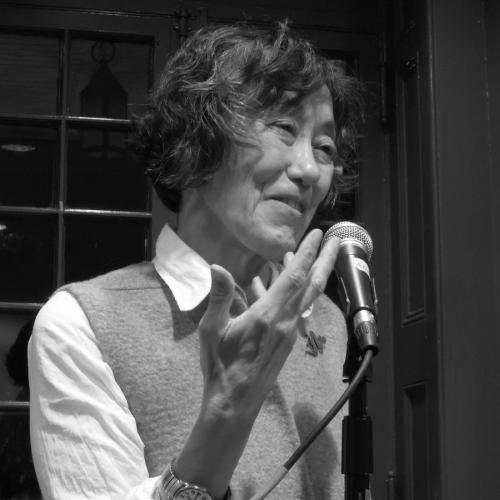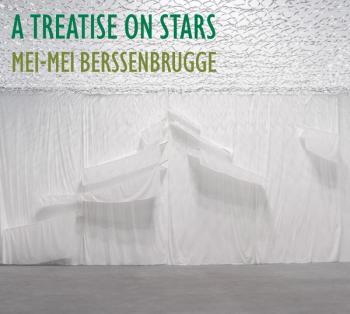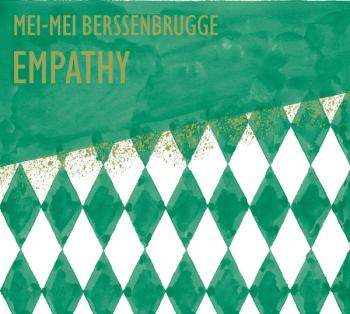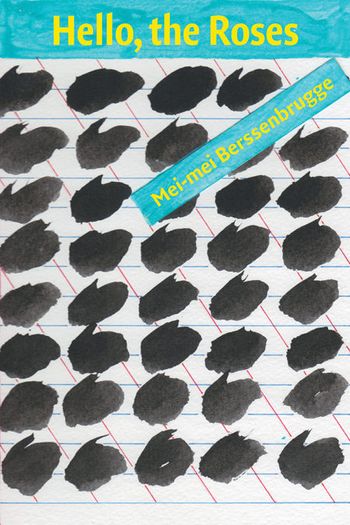Mei-mei Berssenbrugge
Mei-mei Berssenbrugge was born in Beijing and grew up in Massachusetts. She is the author of thirteen books of poetry, including Hello, the Roses; Empathy; and I Love Artists. Her collaborations include Endocrinology with Kiki Smith and Hiddenness with Richard Tuttle, as well as performances with Morita Dance Company, Blondell Cummings, and Davide Balula. In 2021, she was awarded the prestigious Bollingen Prize for Poetry for her lifetime contributions to American Poetry and the Mary McCarthy Award in recognition of engagement in the public sphere. She lives in northern New Mexico and New York City.



